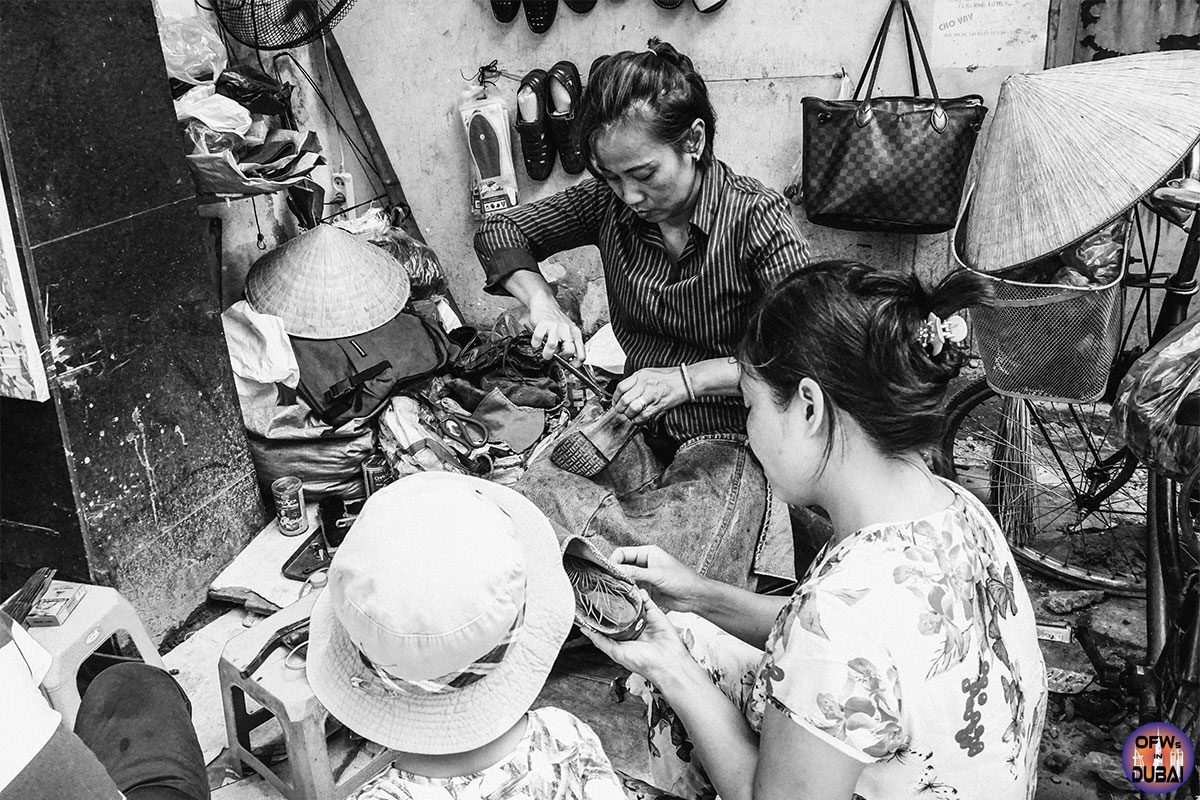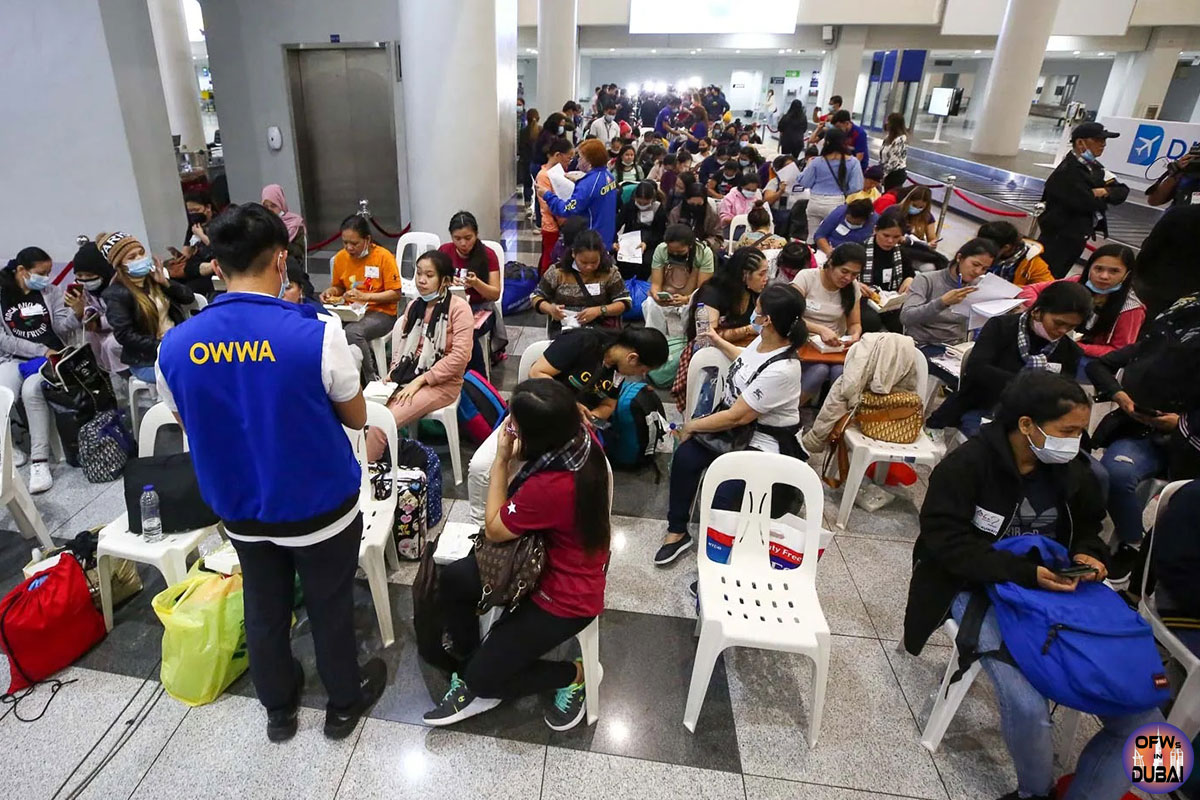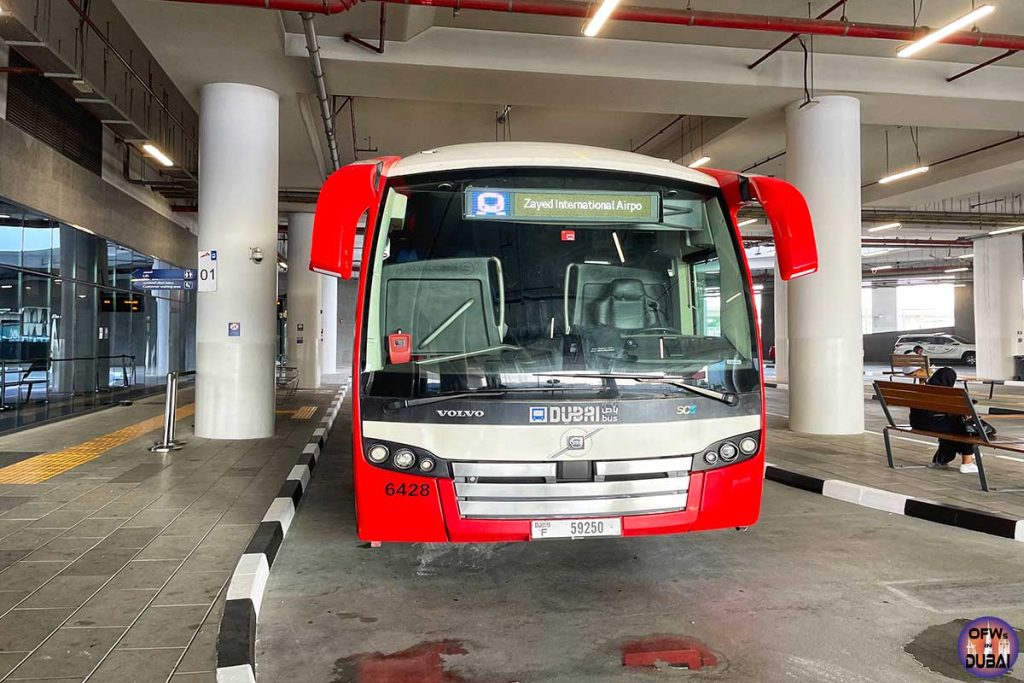
Overseas Filipino Workers (OFWs) are often hailed as modern-day heroes, sending billions of dollars in remittances back to the Philippines each year. Despite the economic contributions they make while abroad, many OFWs find themselves struggling financially upon returning home for good. This paradox raises a crucial question: Why do so many OFWs return to their home country with little to show for years, or even decades, of hard work?
Why OFWs Return Home Poor Despite Years of Working Abroad?
1. Lack of Financial Literacy

One of the primary reasons many OFWs remain poor upon their return is a lack of financial literacy. While working abroad, OFWs often earn significantly more than they would in the Philippines, but many are unprepared to manage this newfound wealth. Without proper budgeting, saving, and investment knowledge, much of their income is spent on immediate needs and wants, rather than being saved or invested for the future. This lack of financial planning can leave OFWs with little to no savings when they eventually decide to come home.
Related: How to Save in Dubai as a Filipino Overseas Worker
2. The High Cost of Living Abroad

While the income or salary of an OFW may seem substantial compared to local earnings in the Philippines, the cost of living in many countries is also higher. Rent, utilities, food, and transportation costs can eat up a large portion of their income, leaving less for savings or investments. Additionally, many OFWs send a significant portion of their earnings back home to support their families, which further reduces the amount they can save for themselves.
3. Pressure to Support Extended Family

Filipino culture places a strong emphasis on family, and this is especially true for OFWs. Many feel obligated to provide financial support not just to their immediate family, but also to extended relatives. This support can include paying for education, healthcare, housing, and even daily expenses. While these remittances are crucial for the recipients, they can also prevent OFWs from saving enough money for their own future needs.
Also Read: Cost of Living in Dubai for OFWs: A Comprehensive Guide
4. Lack of Investment Opportunities

Many OFWs are unfamiliar with investment opportunities that could help grow their wealth over time. Without guidance on how to invest in stocks, real estate, or small businesses, they may keep their money in low-interest savings accounts or spend it on non-essential items. The lack of access to or knowledge about sound investment options can lead to missed opportunities for financial growth.
5. Debt Accumulation

It’s not uncommon for OFWs to take out loans or use credit cards to finance their move abroad, cover emergency expenses, or fund major purchases. High-interest rates and the pressure to repay these debts can drain an OFW’s savings over time. Additionally, some OFWs may borrow money to send remittances home, leading to a cycle of debt that is difficult to escape.
Related: Building an Emergency Fund: Why It’s Crucial for OFWs
6. Reintegration Challenges

Returning to the Philippines after years abroad presents its own set of challenges. OFWs may struggle to find stable employment that matches their skills and experience, especially if their previous work experience doesn’t align with the demands of the local job market. Without a steady income, they may have to dip into their savings to cover daily expenses, further depleting their financial resources.
7. Lack of Retirement Planning

Many OFWs do not have a clear retirement plan in place. They often focus on the immediate needs of their families and neglect to prepare for their own future. This lack of long-term planning can result in financial difficulties during retirement, leaving them reliant on family members or struggling to make ends meet.
Conclusion
While OFWs make significant sacrifices to provide a better life for their families, many find themselves financially unprepared when they finally return home for good. The combination of high living costs abroad, the pressure to support extended family, and a lack of financial literacy and investment opportunities can leave OFWs vulnerable to financial difficulties. To break this cycle, it is essential for OFWs to prioritize financial education, long-term planning, and smart investments during their time abroad, ensuring that their hard work translates into lasting financial security when they return home.
Related Articles











